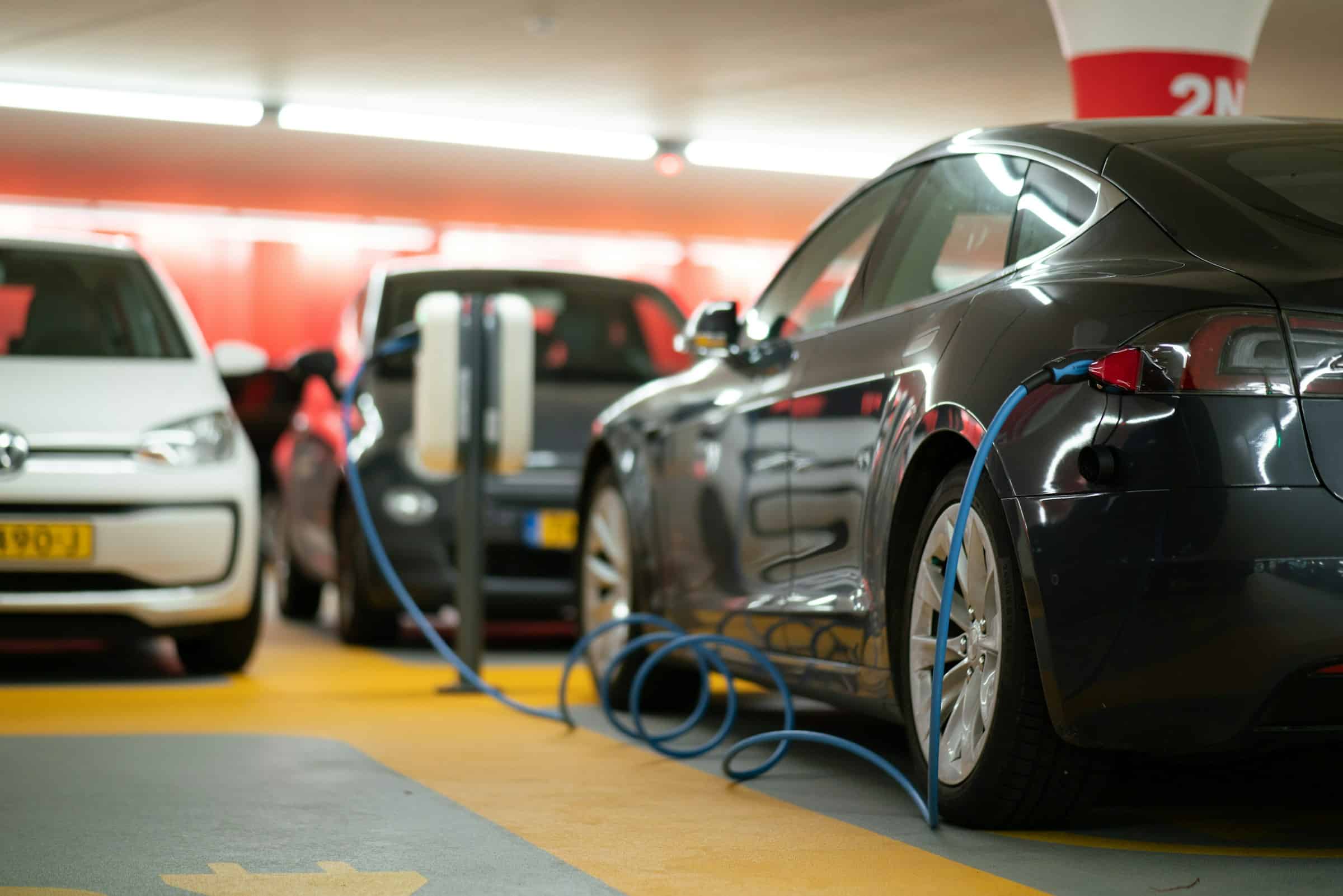What Breakthroughs in Solid-State Batteries Could Mean for Future Electric Vehicles?

If you’ve been keeping an eye on the progress of the electric vehicle (EV) industry, you know that the cornerstone of its success lies in one key component: the battery. The battery is at the heart of the EVs, providing the necessary energy to propel these vehicles forward. Today, most EVs operate on lithium-ion batteries, largely due to their high energy density and long cycle life. However, these batteries are not without their shortcomings, such as safety concerns and limited charging rates.
This has led to a concerted push by automakers and technology companies alike to develop the next generation of batteries, known as solid-state batteries. These batteries could potentially revolutionize the EV industry by offering improved energy density, safety, and charging speeds. In this article, we’ll delve into the technology behind solid-state batteries, examine the promise they hold for EVs, and assess where the industry stands today.
In the same genre : How Are AI-Enhanced Tools Shaping the Future of Precision Agriculture in the UK?
Understanding Solid-State Batteries
So, what is a solid-state battery? The term ‘solid-state’ refers to the use of a solid electrolyte instead of the liquid or gel electrolyte found in traditional lithium-ion batteries. This solid electrolyte is usually made from a highly conductive material that allows ions to move freely between the battery’s anode and cathode.
The use of a solid electrolyte could potentially solve some of the issues associated with lithium-ion batteries. For instance, liquid electrolytes in lithium-ion batteries are flammable and can pose a safety hazard. Solid electrolytes, on the other hand, significantly reduce the risk of fires.
Also to read : How Can Real-Time Analytics Optimize Energy Consumption in Smart Buildings?
Moreover, solid-state batteries could also offer higher energy densities compared to their lithium-ion counterparts. Higher energy density means that a solid-state battery could store more energy in the same amount of space, potentially increasing the range of EVs.
The Potential of Solid-State Batteries in Electric Vehicles
So, how exactly could solid-state batteries transform the electric vehicle market? One of the most significant advantages of solid-state batteries is their potential to improve the range of EVs.
Today, one of the main concerns for potential EV buyers is range anxiety. The fear that a vehicle will run out of power before reaching its destination can be a significant deterrent for many people considering an electric vehicle. Solid-state batteries, with their higher energy density, could potentially offer ranges that surpass those of current lithium-ion batteries, thereby easing range anxiety.
Another potential benefit of solid-state batteries is their charging speed. Today, it can still take anywhere from 30 minutes to 12 hours to fully charge an electric vehicle, depending on the type of charger used. Solid-state batteries, in contrast, could potentially offer much faster charging times, making electric vehicles even more convenient for everyday use.
The State of Solid-State Battery Technology Today
While the promise of solid-state batteries is tantalizing, it’s important to take stock of where we are today in terms of their development and implementation. Currently, we are still in the early stages of solid-state battery development.
Several companies, however, have been making significant strides in this area. One notable example is Toyota. The automobile giant has been investing heavily in solid-state battery technology, and reports suggest that Toyota is gearing up to showcase its solid-state battery-powered car at the 2024 Olympic Games in Paris.
While this is certainly promising, making solid-state batteries commercially viable presents several challenges. For one, manufacturing solid-state batteries on a large scale is currently quite expensive compared to producing traditional lithium-ion batteries.
What the Future Holds for Solid-State Batteries
Looking ahead, it’s clear that solid-state batteries have great potential in transforming the electric vehicle industry. However, the journey to widespread adoption will surely be a gradual one.
As more companies invest in research and development, the cost of producing solid-state batteries will likely decrease over time. Moreover, with advancements in technology and manufacturing processes, the performance of these batteries is expected to improve, opening the door for their use in a wider range of applications, including electric cars.
In the meantime, the continued development of lithium-ion batteries should not be overlooked. As we transition towards solid-state batteries, lithium-ion batteries will still play a crucial role in the EV market.
In conclusion, the future of solid-state batteries looks promising. While there is still work to be done to make these batteries a viable option for the mass market, the potential benefits they offer make them an exciting area to watch. As the drive towards cleaner, more sustainable transportation continues, the development and adoption of superior battery technologies like solid-state batteries will be crucial.
The Challenges and Solutions in Solid-State Battery Production
With all the promising advantages of solid-state batteries, it’s important to understand the challenges that currently impede their large-scale production and usage. One of the primary issues is the high cost of manufacturing.
Producing solid-state batteries is currently an expensive venture. The materials used for the solid electrolyte, such as lithium metal, are costly. Additionally, the production process itself is more complex and delicate in comparison to the comparatively simpler procedures for manufacturing lithium-ion batteries. The manufacturing process for solid-state batteries requires absolute precision and cleanliness to prevent contaminants that could impair battery performance.
Another challenge is the issue of dendrite formation. Dendrites are microscopic, needle-like growths that can form on the lithium metal anode during charging. If these growths penetrate the solid electrolyte and reach the cathode, they can cause a short circuit, which poses a safety hazard and diminishes the battery’s lifespan.
However, these challenges are not insurmountable. Several companies are investing heavily in research and development to find innovative solutions. For instance, some researchers are exploring the use of ceramic materials as solid electrolytes to mitigate dendrite formation. Others are developing new, more efficient manufacturing techniques that could reduce the production cost.
Adoption of Solid-State Batteries in the Automotive Industry
In the automotive industry, the adoption of solid-state batteries could be a game-changer, particularly in the production of electric vehicles. As we have seen, solid-state batteries could potentially offer superior energy density, enhanced safety, and faster charging times compared to lithium-ion batteries. However, the transition from lithium-ion to solid-state will likely be a gradual process, due to the challenges discussed earlier.
Several automakers have already shown interest in solid-state batteries. Toyota, for instance, has been making significant strides in this area. The company reportedly plans to showcase a prototype vehicle powered by solid-state batteries at the 2024 Olympic Games in Paris. Other automakers, such as Ford and Volkswagen, have also invested in solid-state battery startups, indicating a growing interest in this technology.
Additionally, the potential of solid-state batteries extends beyond electric vehicles. They could also find applications in energy storage systems, consumer electronics, and other industries that depend on reliable, efficient, and safe power sources.
In Conclusion: The Future of Solid-State Batteries
The future of solid-state batteries is bright, albeit filled with challenges that need to be overcome. Their potential to revolutionize the electric vehicle industry is unquestionable, with their promising features of higher energy density, safety, and faster charging speeds.
However, these advantages are coupled with obstacles such as high manufacturing costs and the issue of dendrite formation. Despite these challenges, various companies and research institutions are actively investing in this technology, looking for innovative solutions to make solid-state batteries commercially viable.
In the interim, lithium-ion batteries will continue to play a crucial role in powering electric vehicles. Still, as we continue to make strides in solid-state battery technology, we can look forward to a future where these advanced batteries could bring about significant changes not only in the automotive industry but also in other sectors that rely on efficient and safe energy storage systems.
In a nutshell, while there is still much to be done, the potential benefits of solid-state batteries, coupled with the ongoing efforts to address their challenges, make them an exciting area to watch in the coming years. As we strive for cleaner and more sustainable modes of transportation, the development of superior battery technologies, such as solid-state batteries, is undeniably crucial.
